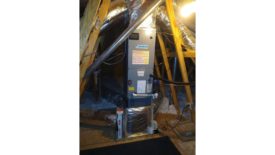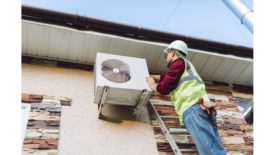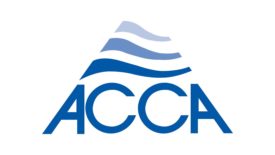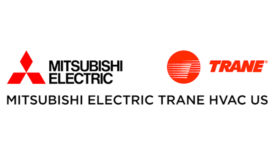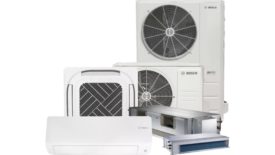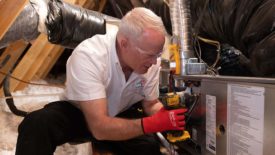Air-Source Heat Pumps
Contractors Share How They’re Capitalizing on the IRA
While the bill has gained an inordinate amount of hype, it bears asking: What impact is the IRA actually having on HVAC contractors’ bottom lines?
Read More
Heat Pumps a Popular Alternative for K-12 Schools
After payroll, utility spending tops most school districts’ budgets
Read More
Crafting A Custom Electrification Plan For Customers
Contractors can help homeowners create a personal retrofit strategy to reach their goals
Read More
Energy-Efficient HVAC Rebates on the Rise: What HVAC Professionals Need to Know
Residential heating and cooling technologies are changing
Read More
Project Files: Episode 62 — PTAC Replacement at Quality Inn
A retrofit using Fujitsu split terminal heat pumps gets creative to replace 25-year-old vertical air handlers in a tight space.
Read More
HVAC Contractors Navigate a Summer Full of Challenges
How to navigate and overcome the challenges obstructing contractors today
Read More
Copyright ©2024. All Rights Reserved BNP Media.
Design, CMS, Hosting & Web Development :: ePublishing
